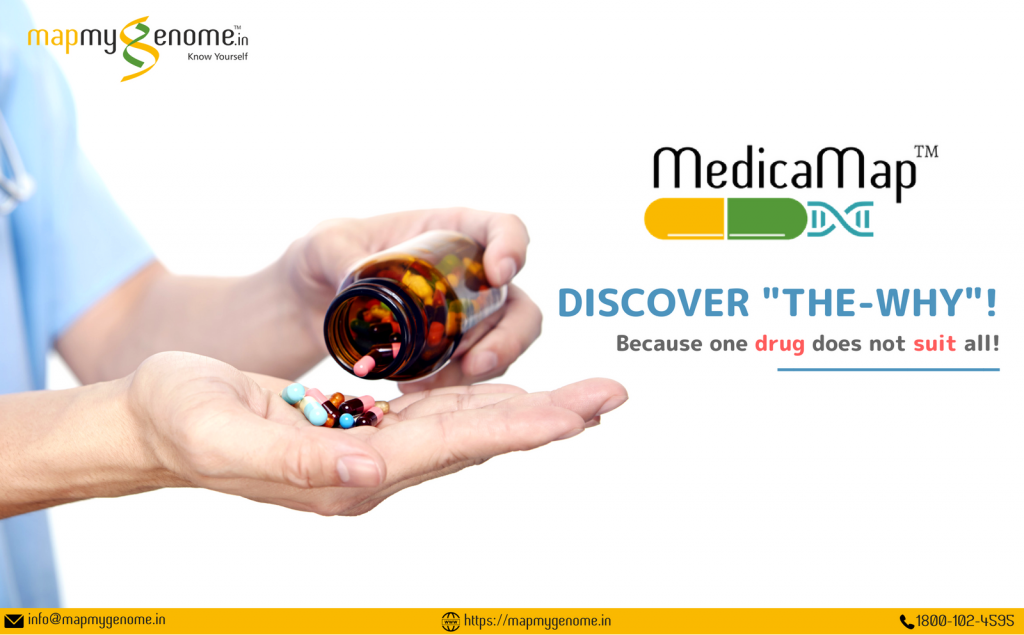3 Reasons Cancer seems to be on the Rise, and What you can do about it (Part 2 of 2)
Sep 05, 2018
6913 Views
Before we get bogged down with worrying about a seemingly impending, inevitable cancer diagnosis on our next trip to the doctor’s…. There’s some good news.
But hang on…before we dive into this bit, have you read part 1 of the series which talks about the reasons WHY cancer seems to be on the rise?
Now that you’re all caught up…let’s continue the journey…
As we mentioned earlier, it is crucial to emphasise upon the fact that the increase in lifetime cancer risk hasn’t taken place overnight. It’s been a slow and gradual rise, following the same trend as the average life expectancy.
More importantly, cancer survival rates have also followed the same pattern. The 10 year life expectancy of cancer survivors has doubled in the last 40 years (from 25% to 50%), with the recent statistics pointing towards this percentage touching the 80s within the next decade.
There’s quite a few reasons for this – improved diagnostic tests and preventive screening methods that have allowed for an early diagnosis of cancer, constantly improving cancer treatments and therapies with ever increasing success rates, improved medical infrastructure, introduction of HPV vaccination, curbing infection rates for H.pylori, more funds getting pumped into cancer research, private and government interest in cancer eradication, and the fruition of those efforts…the list goes on.
But the most amazing thing has been the change observed at an individual level. The knowledge that while cancer is a vile, debilitating disease, there are things we can do to stack the odds in our favour, has percolated communities, and people have taken more charge of their personal desire to stay cancer-free. We understand that while cancer is predominantly a disease of genes and DNA, there are things that happen throughout our lives, that can accelerate, or decelerate the rate at which these errors occur in our genes. Some of these things we can control, some we can’t. Factors such as our lifestyle, our genetics and family history, exposure to certain viruses, the job we hold, the air we breathe; all play a role (to different extents) in determining our overall risk towards developing the disease.
How can personal genomics help?
Cancer is superbly complex in nature, with numerous mechanisms, genes and inheritance patterns associated with its onset and progression. Personal genomics has brought a revolution in cancer management.

- Personal genomics for risk assessment: A significant proportion of cancer cases are due to genetic variations which could be inherited or acquired, as a result of an interplay between your DNA and your environment (yes, not having positive family history is good news, but you still need to watch out!) However, susceptibility to developing cancer has been traced to multiple gene variants across several genes – most of these variants are present in the general population and exert a cumulative effect on cancer risk. Preventive screening for cancer is performed by checking for the presence or absence of such variants in a person’s DNA. This type of predictive screen Genomepatri needs to be taken only ONCE and can help identify at-risk individuals, for early detection and proper management.
- Personal genomics for confirming diagnosis and targeted therapy: A clinical confirmation for hereditary cancer syndromes can be obtained by analyzing DNA on a panel of genes associated with, or causal for, a certain cancer subtype. Testing can be done on a basic panel of 6000 genes Clinical Exome Sequencing or an advanced panel Whole Exome Sequence with ~20000 genes , or across the entire genome Whole Genome Sequencing.
- Personalized medicine or pharmacogenomics: Due to DNA sequence variations, altered metabolism and clearance rates, anticancer drugs may not elicit a positive clinical response from a patient, or may cause serious adverse effects (drug-induced toxicity). This holds true for hundreds (?) of pharmacological compounds administered in a wide spectrum of cancers – breast, prostate, colorectal, lung cancer, etc. Analysis of a patient’s drug-response profile is performed by screening his/her DNA for markers which are associated with drug response Medicamap. This test can empower physicians by helping them choose the right drug (and the right dosage) for the patient.
Given the complex nature of cancer genetics, a proper understanding of the requirements of every cancer patient is essential. The biological manifestation of tumour in a patient changes rapidly and constantly, to the extent wherein the roadmap to therapy becomes an uphill task. This is where personalized genomics can help, by facilitating the timely detection of cellular changes, degree of progression and scope for survival.
By finding the right space for DNA testing in the healthcare paradigm, a radical change can be witnessed in cancer management.
Thus, genomics can be more than a mere light at the end of the tunnel, by serving as a beacon of hope right from the beginning, via early prognosis and management.



